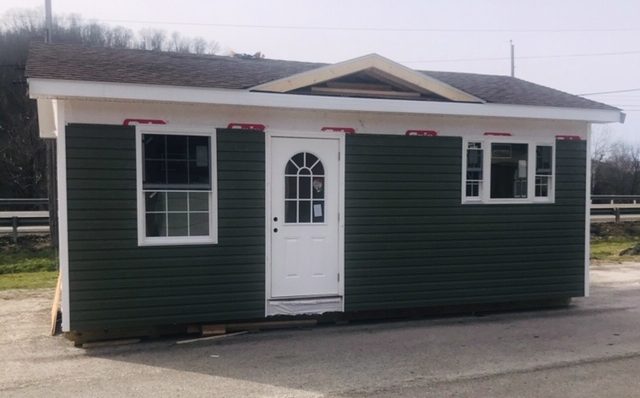
- Youth in DHHR Custody or signed FC18
- Youth must be capable of acquiring Independence within two years
- Youth may enter the Transitioning Program at any Phase – as indicated by assessment appropriateness
- Male Youth ages 17 – 21 years of age
- Phase I & II must be age 17 years at Intake
- Phase III – may be ages 18 to 20 years at Intake
- Youth must be capable of Self-Medicating (under supervision) and Self-Preservation. Additionally:
- Mild MR will be considered if youth is capable of self-care
- Youth with high-risk behaviors may be considered when assessed as low risk to relapse, amendable to continue community-based treatment & monitoring, have identified strengths conducive for program success and are safe for community placement.
- Youth must agree to abide by rules of conduct
- Youth must agree to and achieve 40 hours weekly of productive activities (may be a combination of school, work and/or service learning)
- Capacity:
- Phase I Residential = 6 beds for males.
- Phase II Supported Housing = In progress with goal of 12 tiny homes for males.
- Phase III Scattered Site Chafee Transitional Living = Unlimited slots for male or female
- Disqualifying Conditions for the Youth Transitioning Program at Intake
- Is a Safety threat/concern to self, others, the community
- Youth has not demonstrated treatment gain in prior placement(s)
- Has engaged in criminal activity that necessitates detention/correction services
- Youth requires a level of supervision that exceeds that provided by the Program
- Youth does not meet eligibility criteria as established by the Program Eligibility Criteria
If youth is denied the Youth Transitioning Program Services, all efforts will be made to provide the Referent with alternative placement and/or service linkages.
